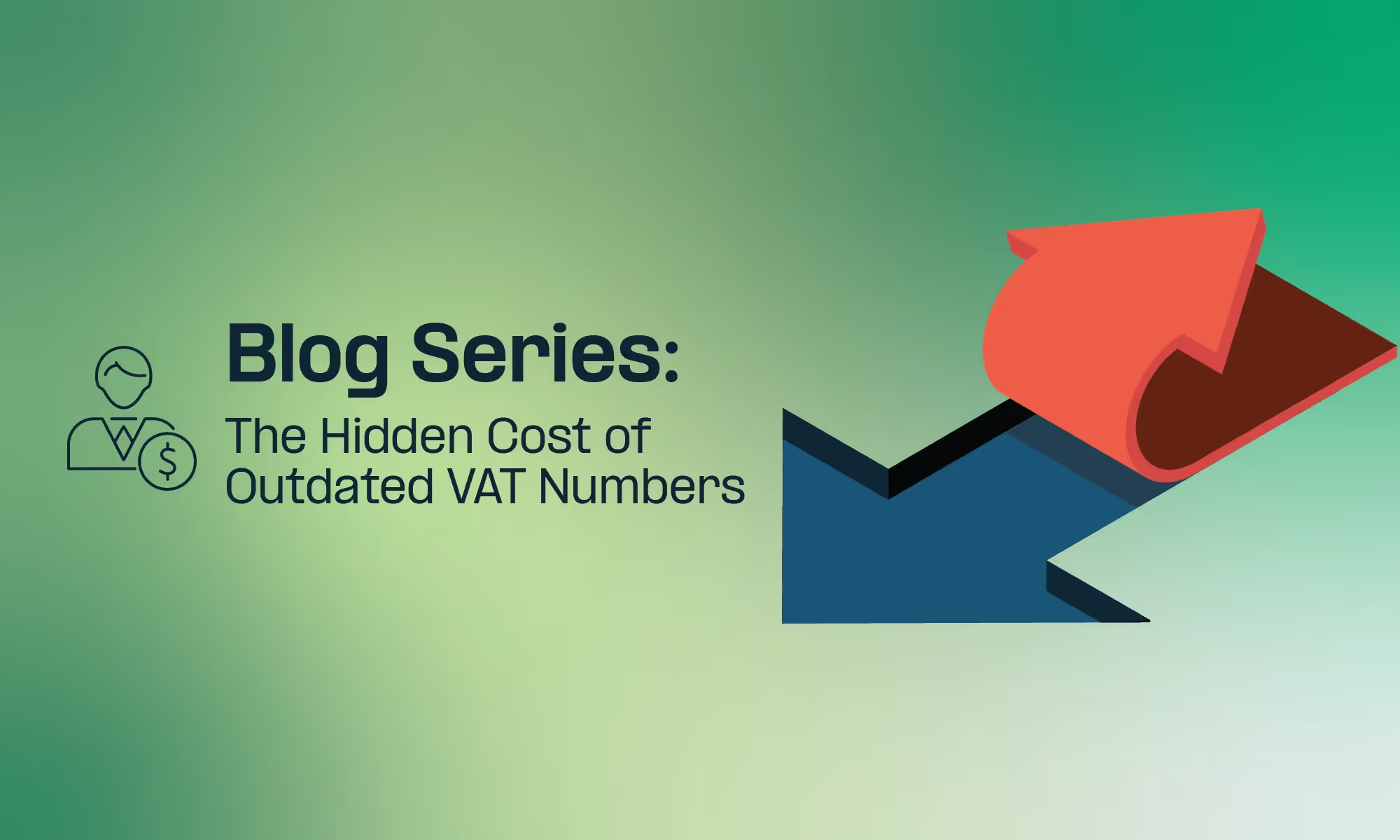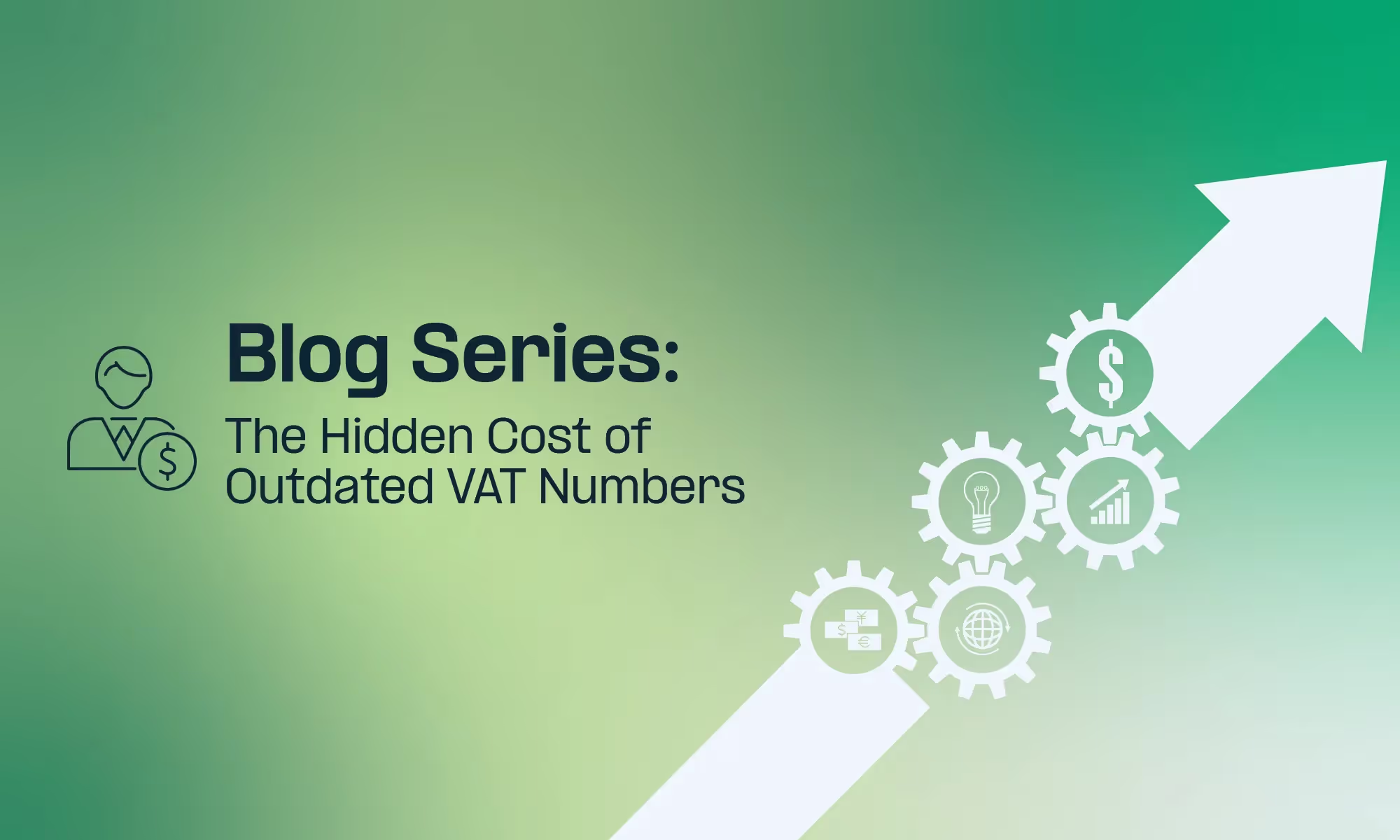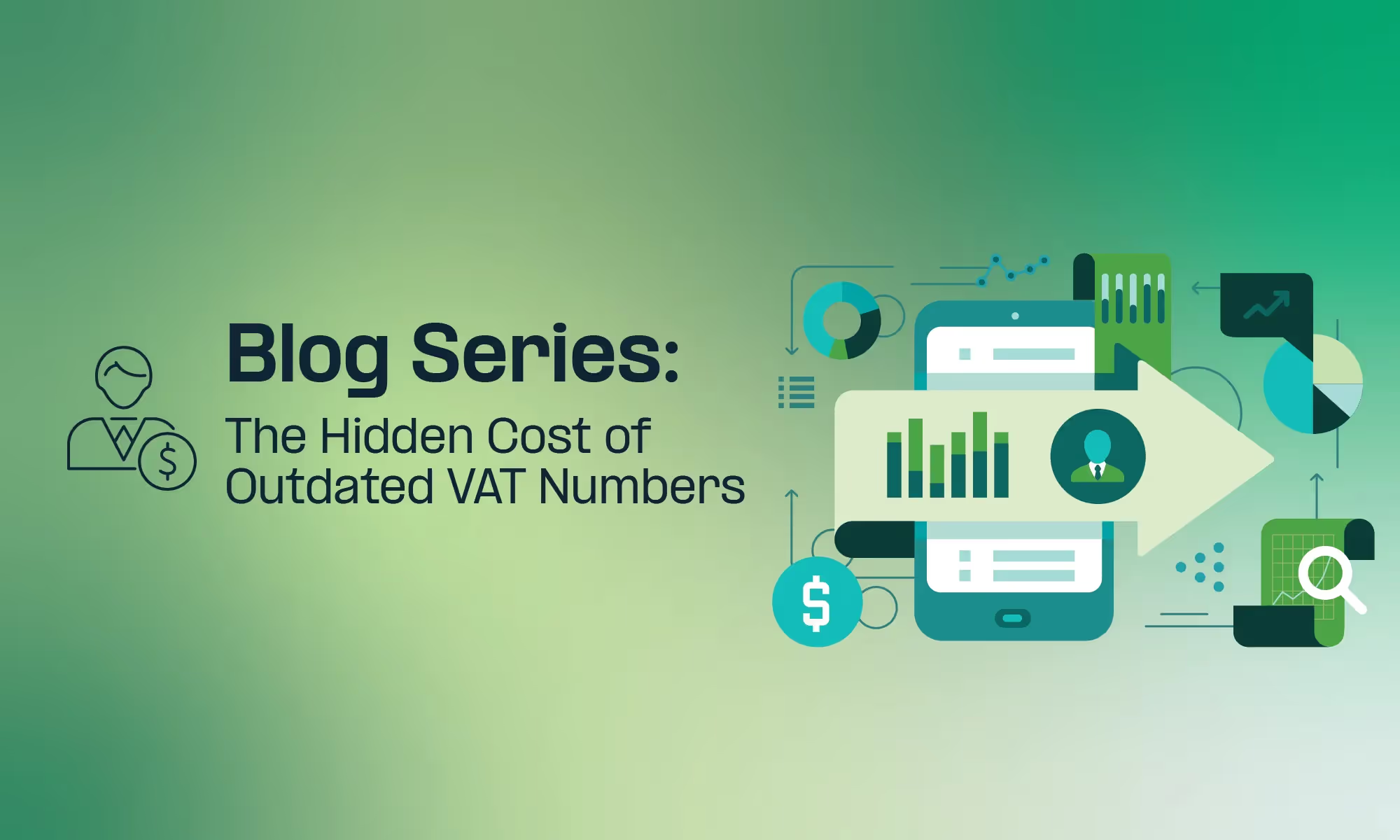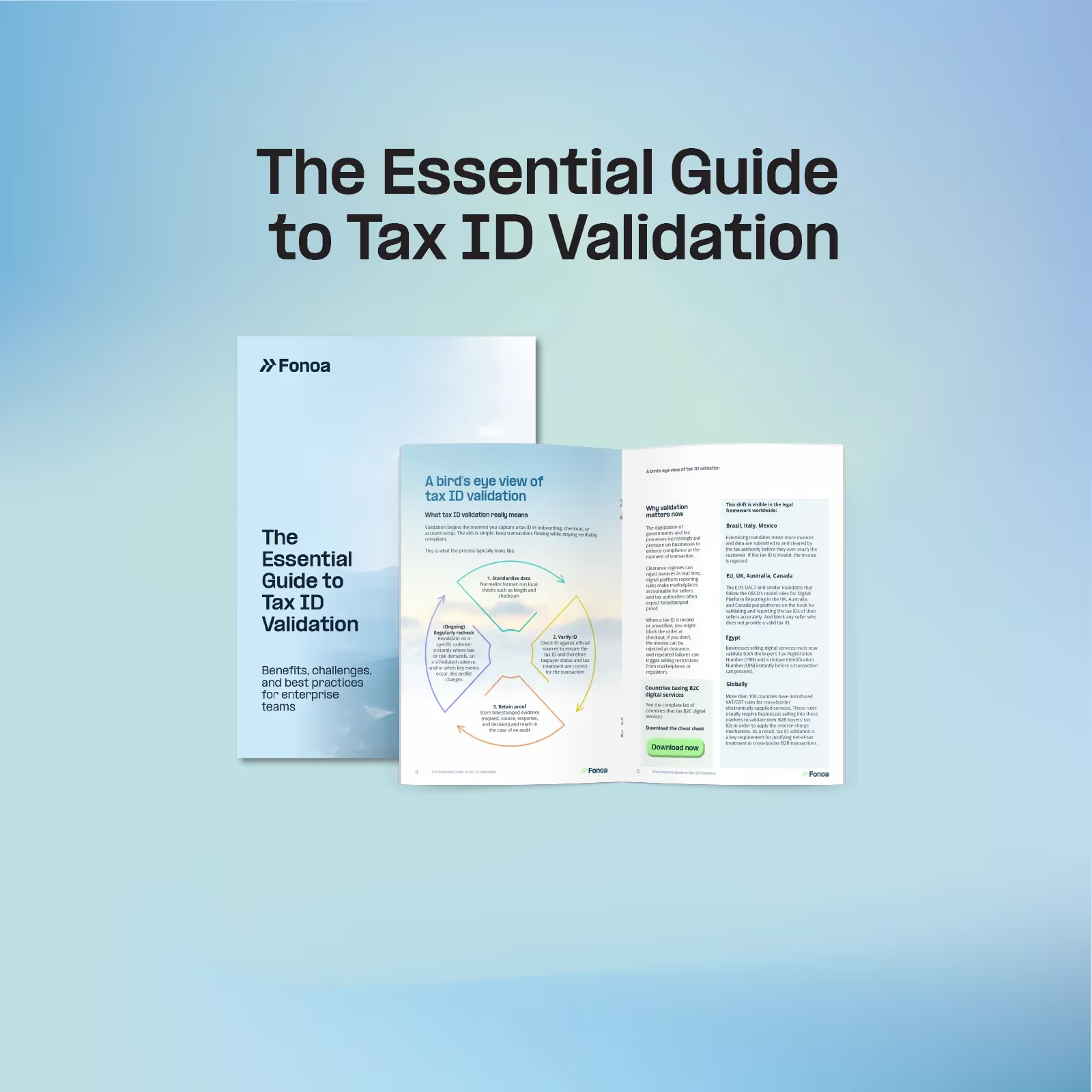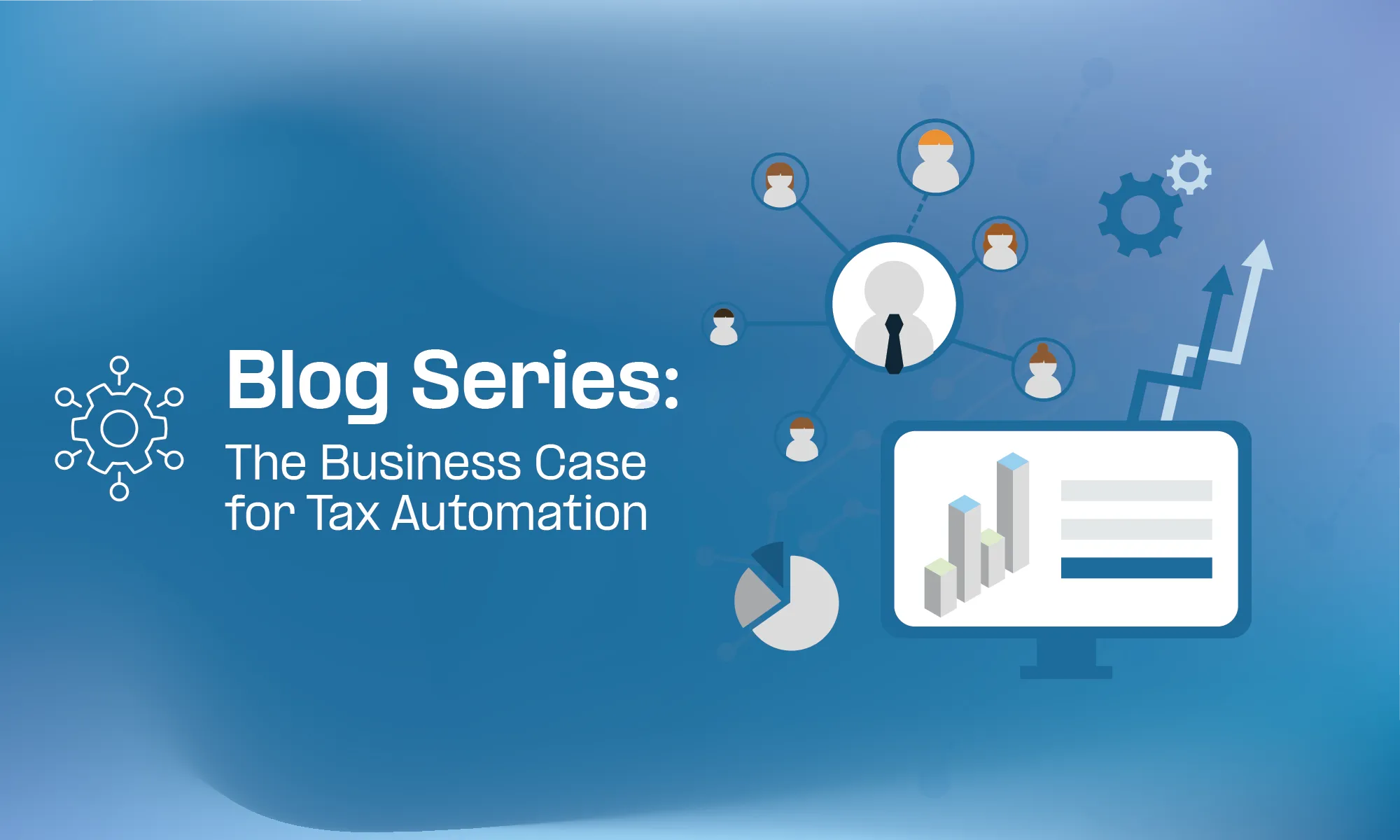In this post (Part 2 of our series on validating tax IDs), we explore what can happen if a business has an incorrect tax ID in their database.
Using an invalid or outdated VAT/GST number on transactions can lead to serious legal and financial consequences for businesses:
Charging wrong tax rates
An invalid customer tax number can lead to charging the wrong tax. For example, under EU rules, a valid VAT ID of a business customer allows the supplier to zero-rate an intra-EU sale (with the customer accounting for VAT). If that VAT number is invalid (or not actually registered for cross-border trade), the sale should have VAT charged. The supplier can be held liable for the uncharged VAT if they didn’t take “reasonable steps” to verify the buyer’s VAT number.
For example, in Ireland, the law now makes a valid EU VAT number a substantive condition for zero-rating intra-EU sales (since the 2020 quick fixes). Ireland explicitly warns that if you cannot show a correct VAT ID for your customer, zero-rating is denied and VAT is due in Ireland.
Thus, not validating a customer’s VAT ID can create a tax underpayment exposure, with the business owing VAT to tax authority, plus interest.
Loss of input tax credits
Tax authorities typically deny input VAT/GST recovery on invoices that lack a valid registration number.
For example, HMRC in the UK makes clear that any invoice with a missing or incorrect VAT number is not eligible for input VAT reclaim. If a company attempts to reclaim VAT that was charged by a supplier who isn’t properly registered (or who provided an outdated number), the reclaim will be rejected. The business may then face repaying taxes, interest, or penalties for having claimed ineligible VAT.
SARS in South Africa has taken a similar stance: It has disallowed input VAT deductions where the supplier’s VAT number on the invoice was not actually allocated to that supplier (i.e. an invalid or incorrect number). This essentially renders the invoice non-compliant, leaving the buyer unable to recover tax and possibly out-of-pocket.
VAT fraud and liability
Tax authorities view the use of invalid tax numbers as a red flag for fraud. Fraudulent suppliers might use a fake or someone else’s VAT number on invoices. If a company pays such an invoice and claims input VAT, it could inadvertently become party to VAT fraud. In the EU, participating (even unknowingly) in a VAT fraud chain can lead to joint liability for the lost tax.
Verifying VAT numbers helps prevent fraud by ensuring you only deal with legitimately registered businesses. As a precaution, companies that discover a supplier used an invalid ID should pause payments and seek clarification or a corrected invoice. Continuing to transact could expose them to penalties or legal action.
Penalties for non-compliance
Failure to comply with invoice regulations can lead to fines or worse. Many jurisdictions consider a proper tax invoice (with correct tax IDs) a legal requirement.
In South Africa, for instance, a supplier is legally obliged to issue a valid tax invoice that includes both their own and the customer’s VAT number. Not doing so is an offense: issuing an invoice with missing or incorrect required information can be punishable by a fine or imprisonment under VAT law.
Even if jail is unlikely in routine cases, substantial fines are common for companies that systematically fail to include or validate VAT IDs on invoices. The reputational damage of such compliance breaches is another factor; being known for tax violations can harm a company’s standing with regulators and partners.
US-1099 implications
In the United States, so-called “1099” reporting obligations require companies to collect and verify the Taxpayer Identification Number (TIN)—either a Social Security Number (SSN) or an Employer Identification Number (EIN)—of their payees or service providers. Verifying TINs helps reduce the risk of backup withholding and IRS penalties associated with incorrect or missing information.
Summary: Keep your database clean of invalid tax IDs to remain compliant
Invalid indirect tax numbers undermine the legal validity of invoices and tax filings. Tax authorities often treat an invoice with a wrong tax ID as non-compliant, denying tax credits to the buyer, or penalizing the issuer for improper documentation. Given these high stakes, companies must treat tax ID validation as a necessary control to avoid unwitting non-compliance. It’s far cheaper to catch and correct an invalid VAT number upfront than to face an audit discovering years of errors.
